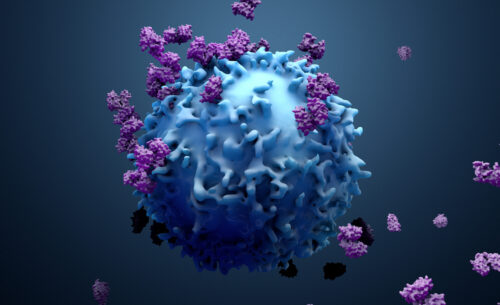BioPharm
Engineering new cancer treatments

In a field where innovation is par for the course, Dr Martin Pule stands out. Featured in the award-winning 2019 BBC documentary, War in the Blood, Martin is one of the leaders of the ‘CAR T’ programme at UCL’s Cancer Institute. He is also Chief Scientific Officer of Autolus Therapeutics, playing a pivotal role in bringing revolutionary cancer treatments from the laboratory to the clinic. Autolus’ technologies are now offering hope to cancer patients who previously had few or no treatment options.
“I recognised that the only way to secure sufficient funding which would allow rapid technological development was through a spinout company.”
“I have no doubt that in 20 years’ time, highly engineered immune cells will be the mainstay of cancer therapy. The scope of engineering possible will allow development of highly selective non-toxic treatments.”
